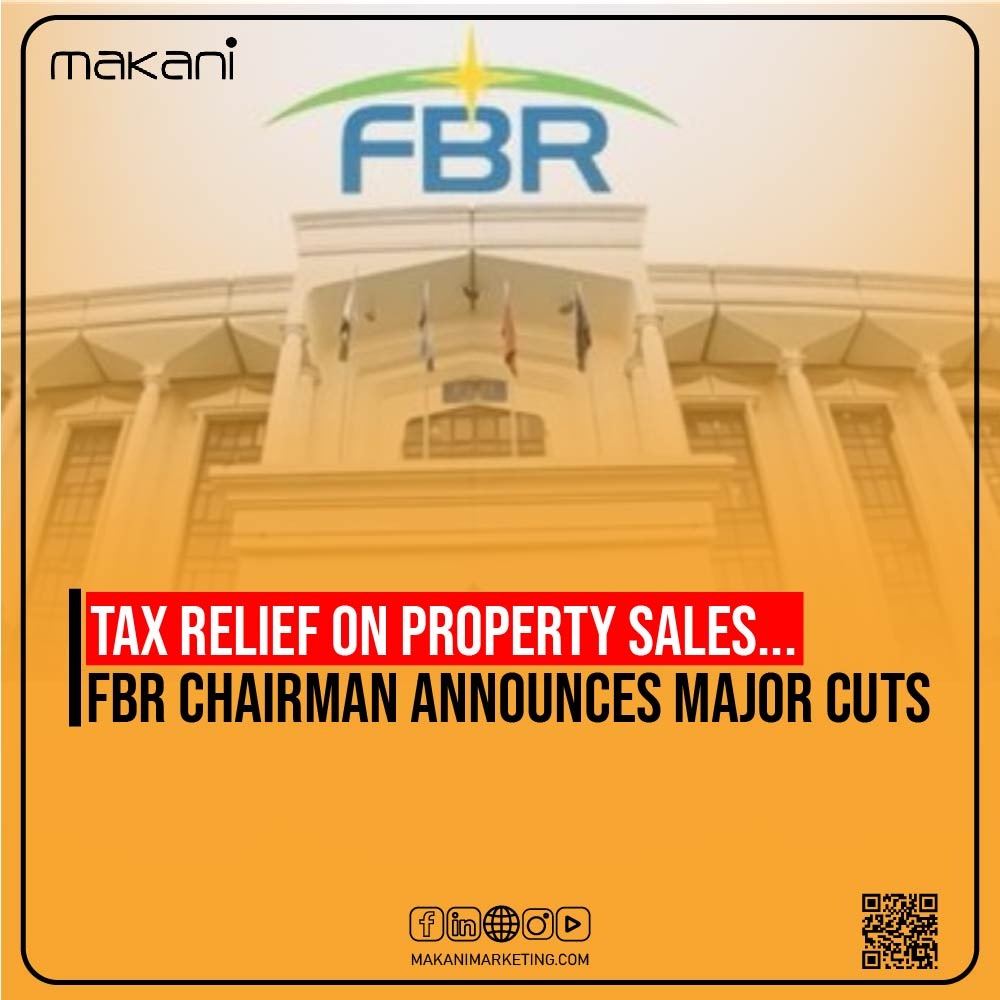The recent taxation measure of Rs. 30 billion, imposed through the Finance Act 2022 to levy tax on deemed income of capital and real estate assets in Pakistan, has sparked significant legal debate and controversy. This measure has been challenged in the Lahore High Court (LHC), raising questions about its legality and constitutional validity. At Makani Marketing, we are keen to keep our clients informed about these critical developments in the real estate sector.
Overview of the Taxation Measure
The Finance Act 2022 introduced a tax on the deemed income of capital and real estate assets located in Pakistan. This tax is applicable from the Tax Year 2022 onwards. According to the Act, a tax will be imposed at specified rates on the income deemed to be generated from owning these assets. This measure was expected to generate significant revenue for the government, with a projected total of Rs. 30 billion.
Legal Challenge in Lahore High Court
A constitutional petition has been filed in the Lahore High Court challenging this taxation measure. The petitioner argues that the tax on deemed income, as specified in section 7E of the Income Tax Ordinance 2001 (inserted through the Finance Act 2022), is beyond the legislative competence of the Parliament. The primary contention is that after the 18th Constitutional Amendment of 2010, only provincial legislatures have the authority to impose taxes on immovable properties.
Key Arguments Against the Tax
- Legislative Incompetence: The petition argues that the Parliament lacks the authority to enact laws imposing taxes on immovable property, which falls under the jurisdiction of provincial legislatures post-18th Amendment. The Finance Act 2022’s inclusion of section 7E is thus challenged on the grounds of legislative overreach.
- Discriminatory Exclusions: The petition highlights that certain categories of individuals are excluded from this tax, which it claims is discriminatory and violates the constitutional guarantee of equality. The classification prescribed by the tax is not based on a rationally intelligible differential, according to the petitioner.
- Nature of the Tax: The petitioner asserts that the tax on deemed income is, in essence, a tax on immovable property. This, they argue, is an attempt to circumvent the mandate of entry number 50 of the Federal Legislative List, which restricts the Parliament from taxing immovable property.
Lahore High Court’s Response
The Lahore High Court has issued notices to the Attorney General of Pakistan in response to the petition but has not granted a stay order against the taxation measure. This indicates that while the court is considering the constitutional questions raised, the tax remains in effect for now. The court’s order emphasizes the need to interpret entry number 50 of the Fourth Schedule in the context of section 7E of the Income Tax Ordinance 2001.
Implications for Real Estate Investors
For real estate investors and developers, this legal challenge introduces a degree of uncertainty. The outcome of the court case could have significant implications for the taxation of real estate assets in Pakistan. Here’s what investors need to consider:
- Potential Tax Relief: If the court rules in favor of the petitioner, it could result in the annulment of the tax on deemed income, providing relief to real estate owners.
- Continued Compliance: Until a final decision is made, investors must comply with the existing tax regulations to avoid penalties and legal complications.
- Market Impact: The legal challenge and any resulting changes in tax policy could impact property prices and market dynamics. Investors should stay informed about developments to make strategic decisions.
Makani Marketing’s Guidance
At Makani Marketing, we are committed to supporting our clients through these uncertain times. Here’s how we can help:
- Legal Updates: We provide regular updates on legal developments affecting the real estate sector, ensuring our clients are well-informed.
- Tax Advisory: Our experts offer comprehensive tax advisory services to help clients navigate the complexities of real estate taxation.
- Investment Strategies: We assist clients in developing investment strategies that consider potential changes in tax policy and market conditions.
Learn Why MAKANI MARKETING IS BEST:
WHY MAKANI MARKETING SHOULD BE YOUR ONLY CHOICE IN REAL ESTATE
Conclusion
The challenge to the tax on deemed income of real estate in the Lahore High Court highlights significant constitutional and legal issues. The outcome of this case could reshape the taxation landscape for real estate assets in Pakistan. At Makani Marketing, we remain dedicated to keeping our clients informed and providing the necessary support to navigate these changes. Stay tuned for further updates and expert insights on this crucial matter.
Contact Makani Marketing Now:
Phone: +92 336 400 0006
Email: info@makanimarketing.com
Address: Office # 2, 2nd Floor (Above Save Mart), Backside Parking, Shabbir Sharif Road, G-11 Markaz, Islamabad













